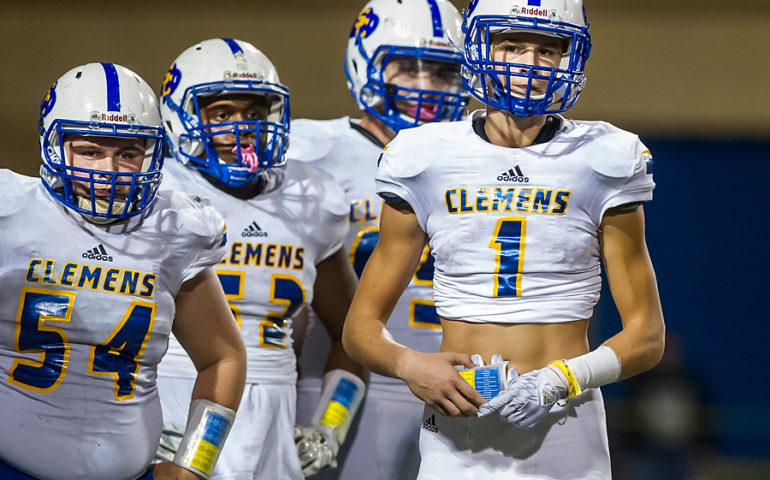By Laura Chmiel on November 8, 2016
I happened to see a press release for someone who got promoted to become Director of Student-Athlete Development and I thought, “Wow: That’s awesome.”
Wouldn’t it be cool work with other student-athletes and help them find success in college and beyond? What a unique position.
And while that article caught my eye, there are million of former student-athletes out there, each with his or her own unique calling, making their way through to a great job.
And even better? Employers want to hire former student-athletes.
Pretty awesome, right?
This means that no matter what field you find yourself in, or what job opening you’re working for, having “student-athlete” on your resume already puts you ahead of the pack. It can literally be an instant advantage – and is just icing on the cake of the many other advantages being a collegiate student-athlete gives you.
Student-athletes are better employees.
Because student-athletes are pretty amazing, obviously. But let’s get a little more specific. Adding the title “student-athlete” to your resume is only the first step. It’s going to be important to know how to discuss the advantages of being such. But never fear, there are plenty to choose from.
You know how to manage your time
Class, practice, schoolwork, games, tests, weights, term papers, conditioning…social life, other clubs and activities, eat, sleep… You get the picture. And you’ve figured out a way to make it all work for literally years.
To have to juggle a schedule as intense as this is something most other students simply don’t have to do. This appeals to an employer because it shows you not only have experience in planning your days to be as productive as possible, but you also know how to prioritize many different tasks and requirements.
You can stay cool under pressure
Have you ever been down by one run in the bottom of the ninth inning? Or maybe split sets in the tournament semifinals? Have you ever found yourself vying for the final roster spot on the last day of tryouts? Or down two goals at half time of the season opener?
Whether it’s one of these exact instances, or something similar, student-athletes have all had to find a way to stay composed and keep it together under pressure.
And let me tell you, as a working adult, this is going to come in very handy at the workplace – and employers know this.
You’re team oriented
Whether you play a sport with eleven, five, or two people in the huddle, (or are out there solo), you belong to a greater group around you – you belong to a team.
You know how to work with a team, how to fight for your team, and how to have someone else’s back.
It’s in your blood as a student-athlete because you’ve been on a team nearly your entire life.
Many, many millennials – and other men and women in the workplace – don’t have this skill. They don’t know how to work on a team, how to teach and coach others, how to put someone before themselves.
Never underestimate the skill it takes to work well on a team. And you have already learned it from being a student-athlete.
You get back up every time you get knocked down
As many wins as you may or may not have had as a student-athlete, you’ve experienced some losses in your tenure, too.
Big games, injuries, missed opportunities on the goal line – these all require something we refer to as “failure recovery” to kick in. You have had to get up, learn from what happened, and move on to do better and fight harder next time: for your team, your supporters, and yourself.
The same thing will happen in the workplace. Failure-recovery will be key in becoming a professional success. Channel that trait that trait sport have instilled in you.
You set your sights high and work hard to hit the mark
Like no one else around. You have your eye on the prize, and are willing to put in the long hours, blood, sweat, and tears to achieve.

